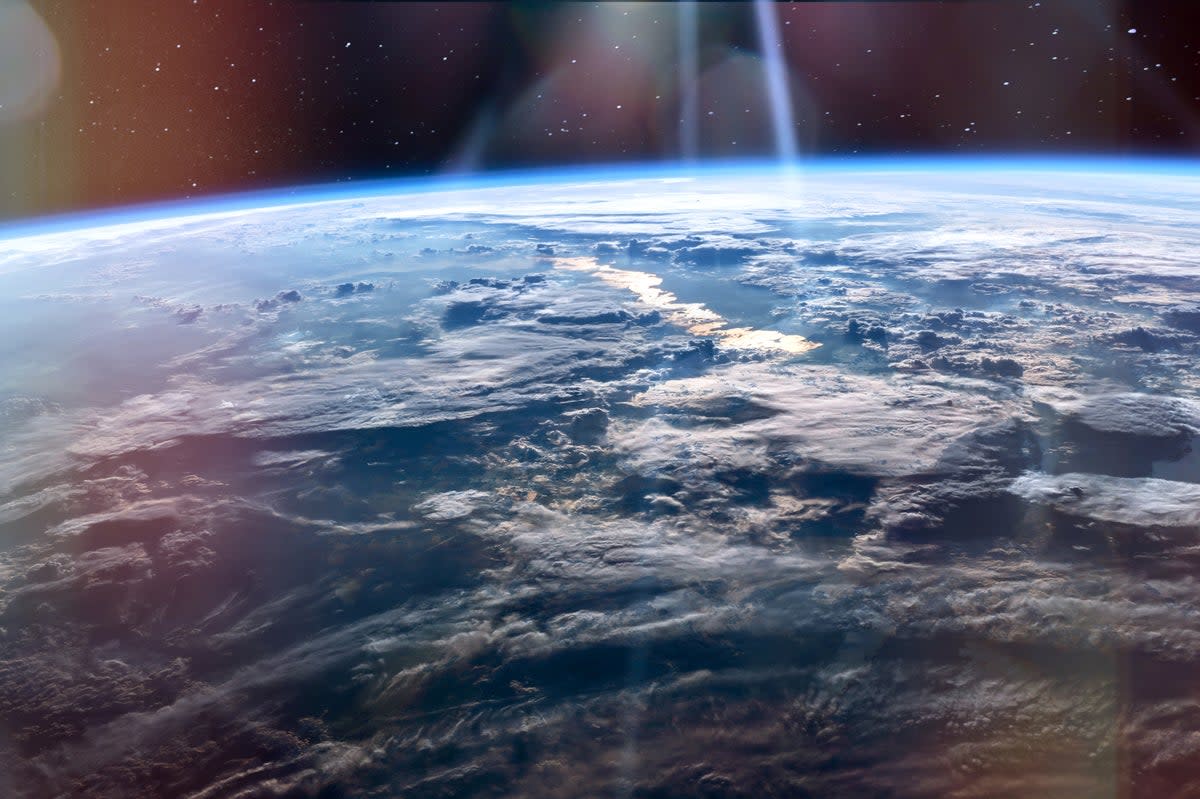Depletion of Arctic ozone levels can temporarily ‘alter’ European weather

Depletion of ozone levels in the Arctic can temporarily alter the weather in Europe, a new study has found.
The authors of the report published in the journal Nature Geoscience found that periods of particularly low levels of ozone in the spring in the Arctic are followed several weeks later by wetter conditions in northern Europe, and warmer, drier conditions in southern Europe.
The ozone layer in the Earth’s atmosphere helps absorb potentially harmful ultraviolet radiation from the Sun. In recent decades, certain gases emitted by humans have damaged this layer.
The hole in the ozone over Antarctica has been shown to affect weather in the Southern Hemisphere, but until now it wasn’t clear if a similar phenomenon could be said for the Northern Hemisphere.
Marina Friedel, from ETH Zurich University in Switzerland, and her co-authors found that ozone depletion in the Arctic in the spring led to a cooler stratosphere - the second layer of the Earth’s atmosphere. This cooling then prolonged the presence of the polar vortex - the circulation of winds high up in the stratosphere that can bring cold Arctic air south - into spring.
This causes surface temperatures and rainfall anomalies in the Northern Hemisphere, the authors said.
The news comes in the same week that a “huge” ozone hole was identified in the Earth’s atmosphere over almost the entire tropical region.
The hole is a year-round gap in the planet’s ozone layer and is seven times larger than the better-known Antarctic ozone hole that opens up each year in spring.

 Yahoo News
Yahoo News 
